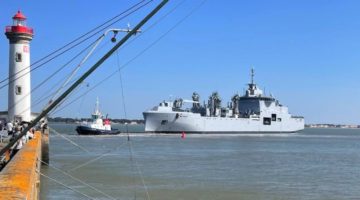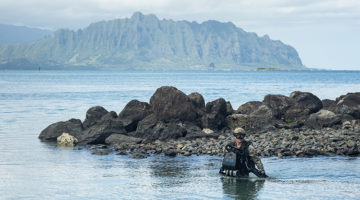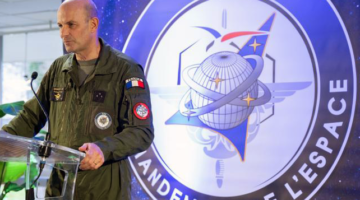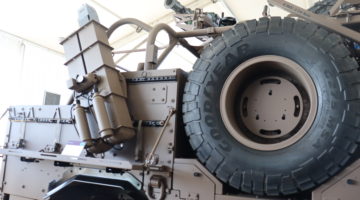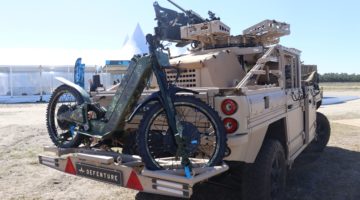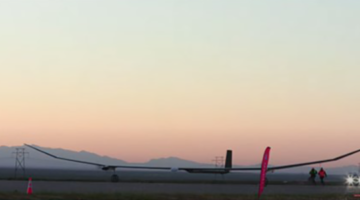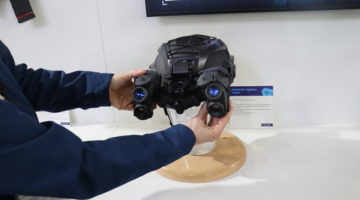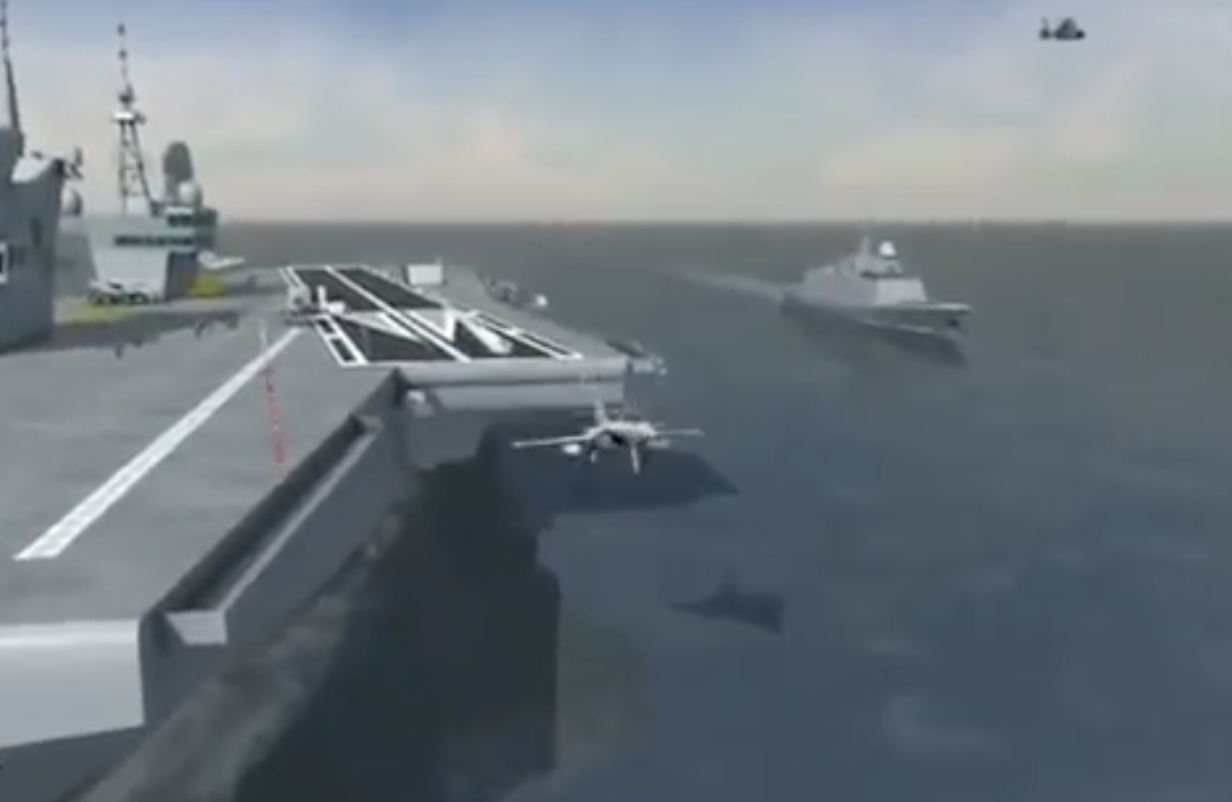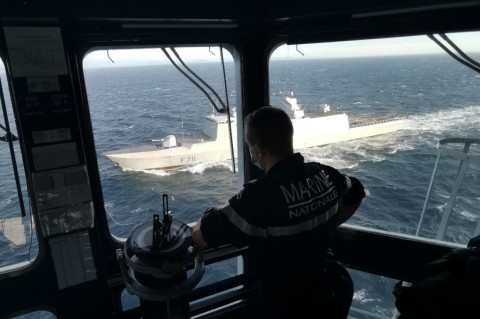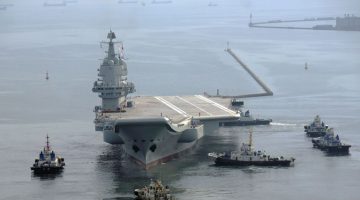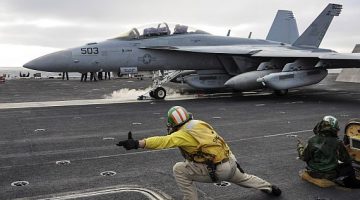By Pierre Tran* – (…) Nuclear or not nuclear
A nuclear-powered vessel offered “undeniable advantages in terms of operations and autonomy,” while designing and building an atomic naval engine would sustain know-how, Prazuck said.
A nuclear-powered carrier played a significant role in how the US saw France, with power projection seen as a critical factor, as well as a capability to assess independently, gather intelligence and share that information with allies, particularly those in the Five Eyes community, namely Australia, Britain, Canada, New Zealand and the US, the report said.
The biggest inconvenience of nuclear engines was an 18-month overhaul every 10 years to install fresh nuclear fuel, and a further six months to return to full service, the report said. If the Charles de Gaulle were extended in operational life beyond 2038, a further replacement of nuclear fuel would be needed.
Whether nuclear or not, the carrier would need to be larger than the Charles de Gaulle to meet operational needs, particularly the FCAS program, the report said.
“No decision has been taken at this stage,” the report said.
New threats and cooperation
On the negative side, there were threats of hypersonic missiles, increasingly stealthy enemy submarines, and China developing maneuvering ballistic missiles, dubbed carrier killers, the report said. That risk called for defense systems to improve as threats evolved, and signalled the challenge for the air defense frigate, which is being built.
With 10 years of the Lancaster house Anglo-French defense treaty hoving into view and the Royal Navy soon sailing two carriers, was there not scope for cooperation, Christian Cambon, chairman of the foreign affairs and defense committee, asked parliamentarians. That mutual support would lead to having two out of three carriers out at sea at any given time.
“The United Kingdom, which has two aircraft carriers and the deterrent, is a natural partner,” he said. If European defense were to be built, mutual support should be considered.
The senate report opens with a quotation from History of the World, by Walter Raleigh, seaman and adventurer who sailed to America in the Elizabethan age:
“For whosoever commands the sea commands the trade; whosoever commands the trade of the world commands the riches of the world, and consequently the world itself.”
The featured graphic is from a Naval Group video portraying next generation carrier for the French Navy.
*Abstract and photo from an article published in and with the authorization of >>> https://defense.info/maritime-dynamics/2020/07/building-the-next-generation-french-aircraft-carrier/


